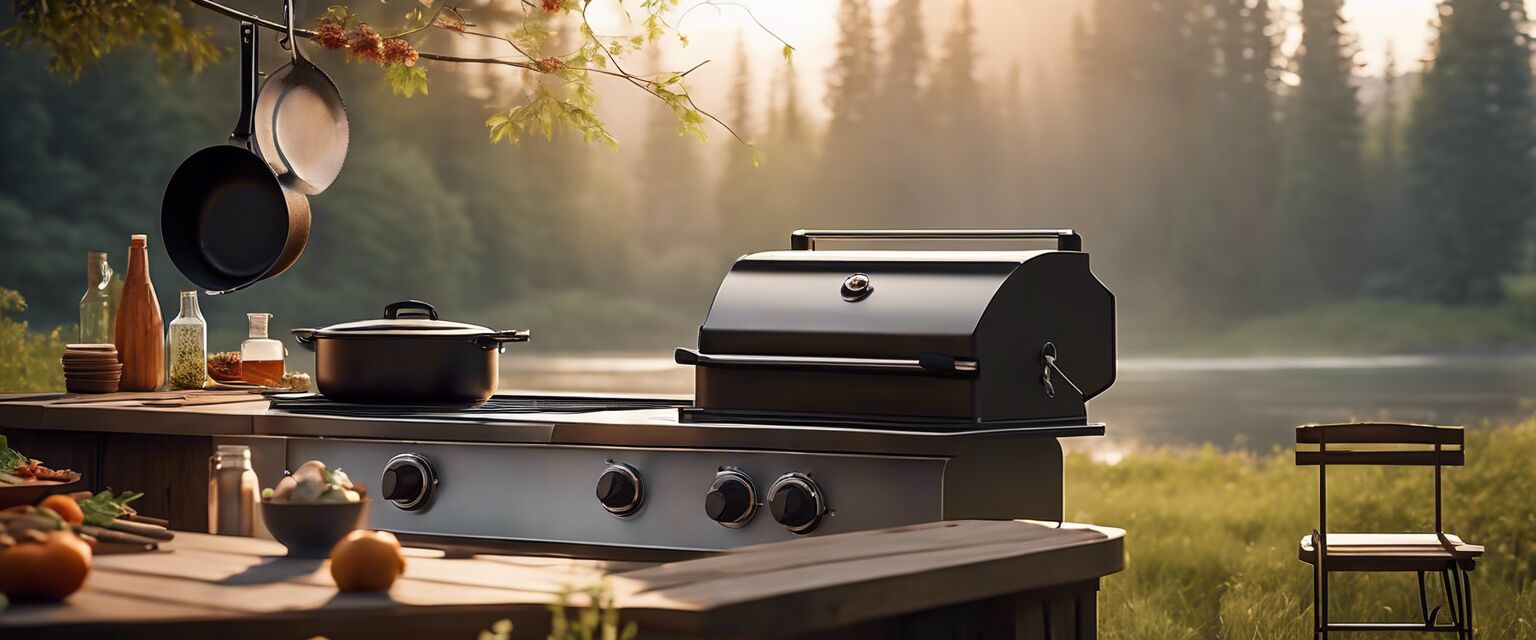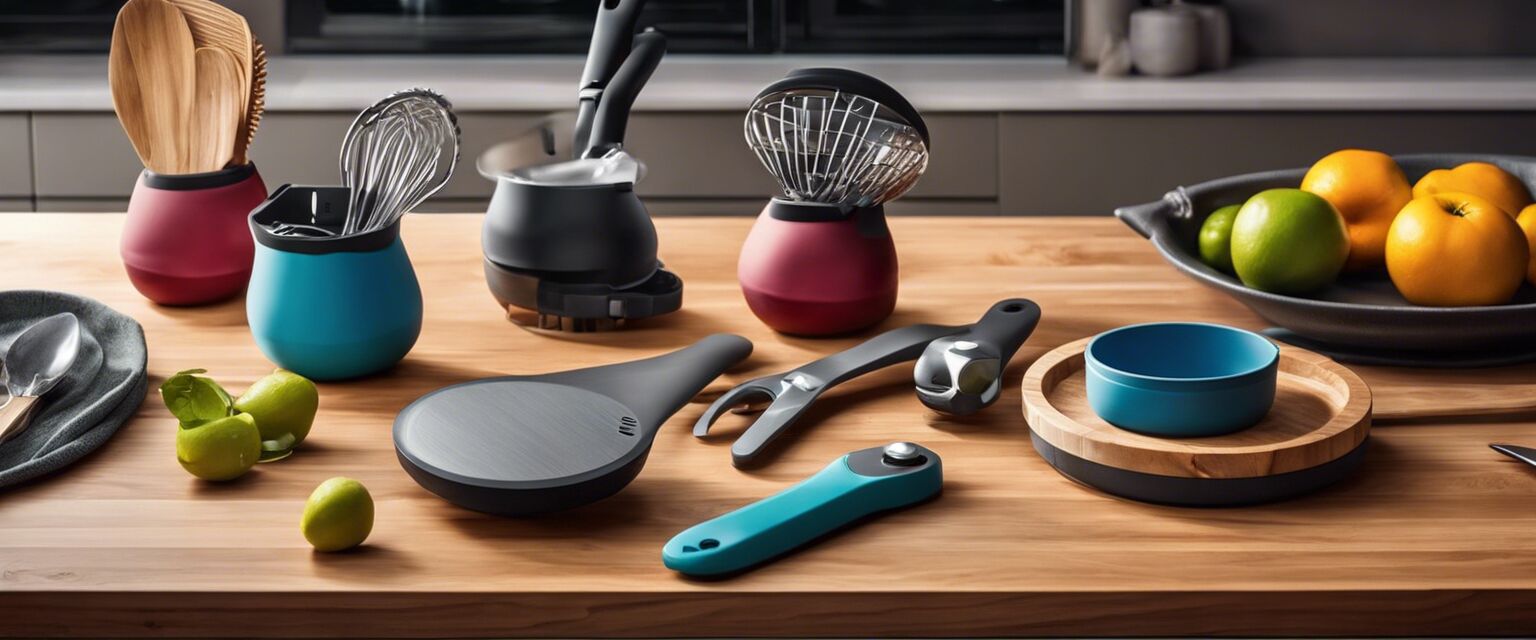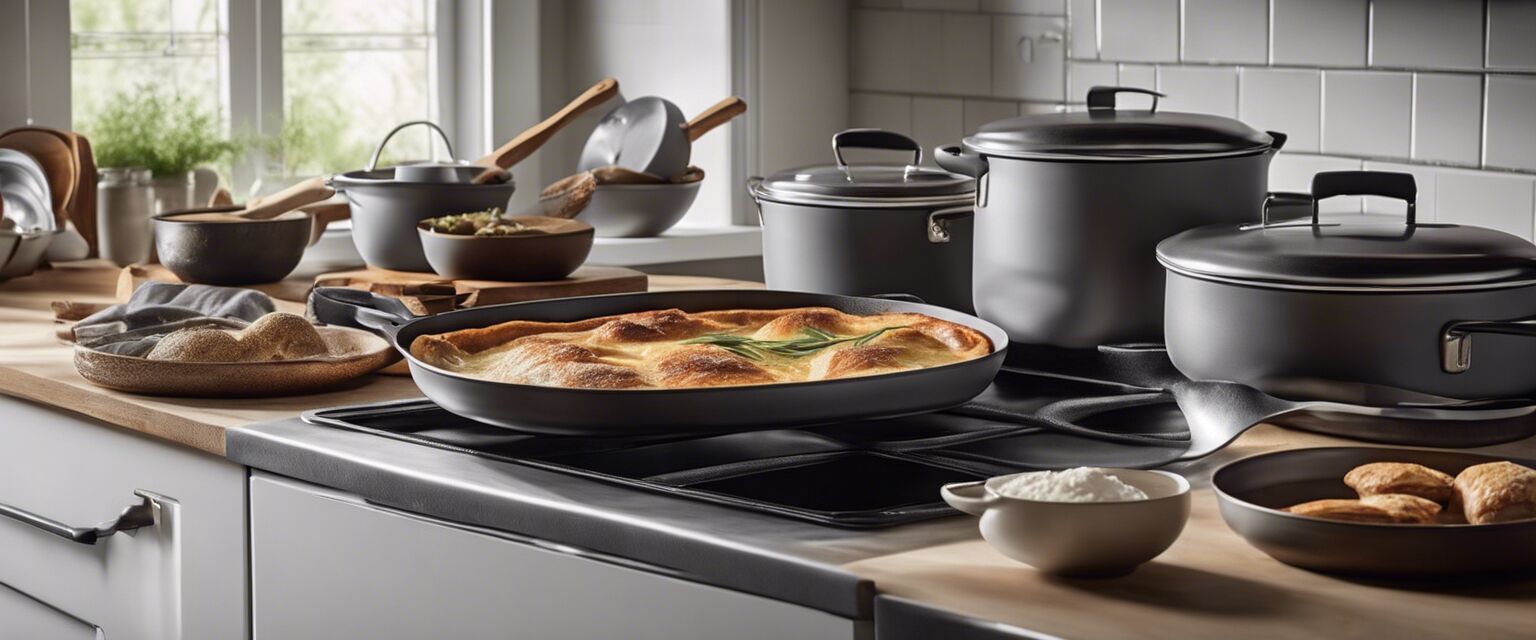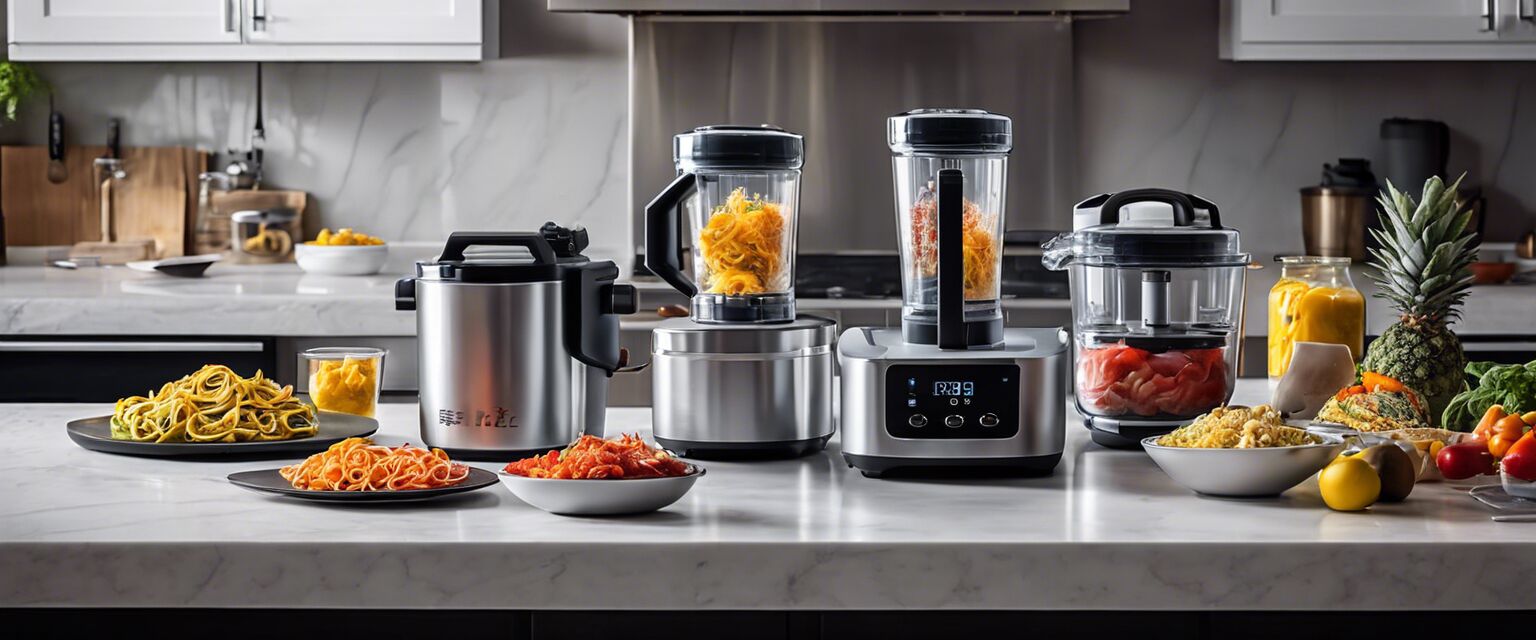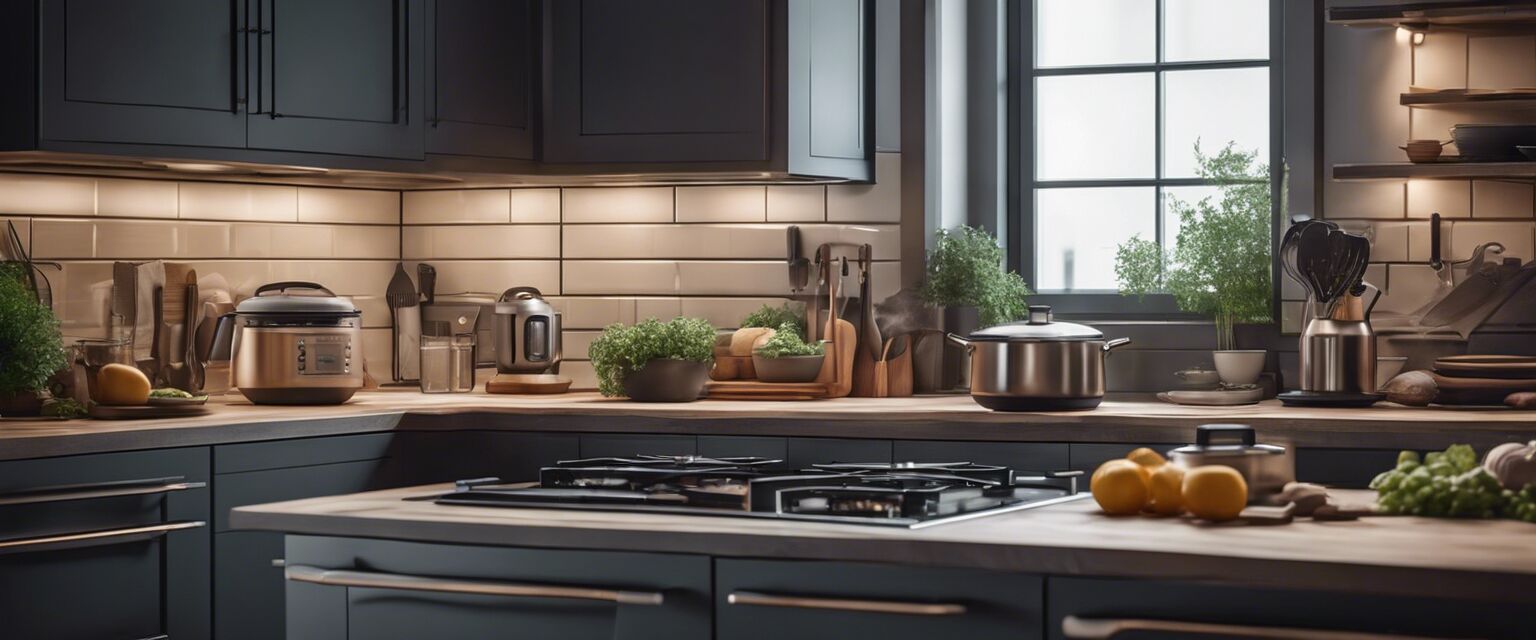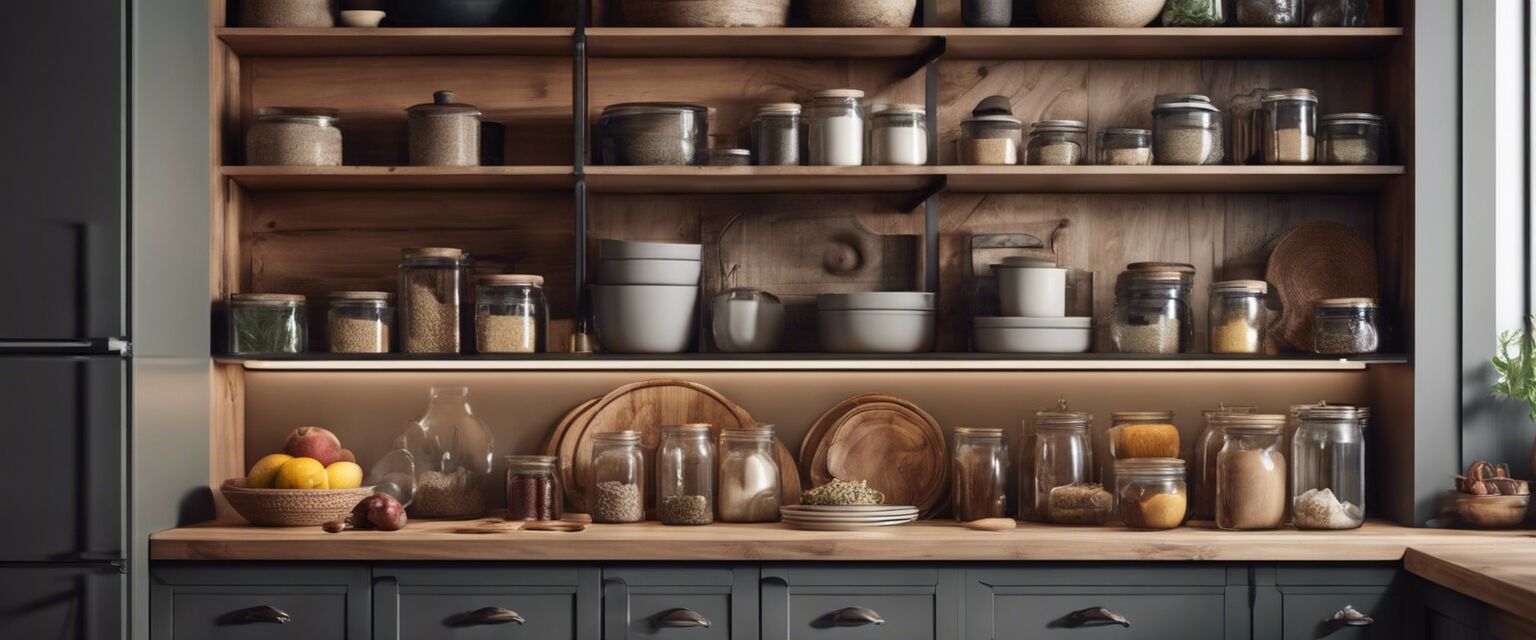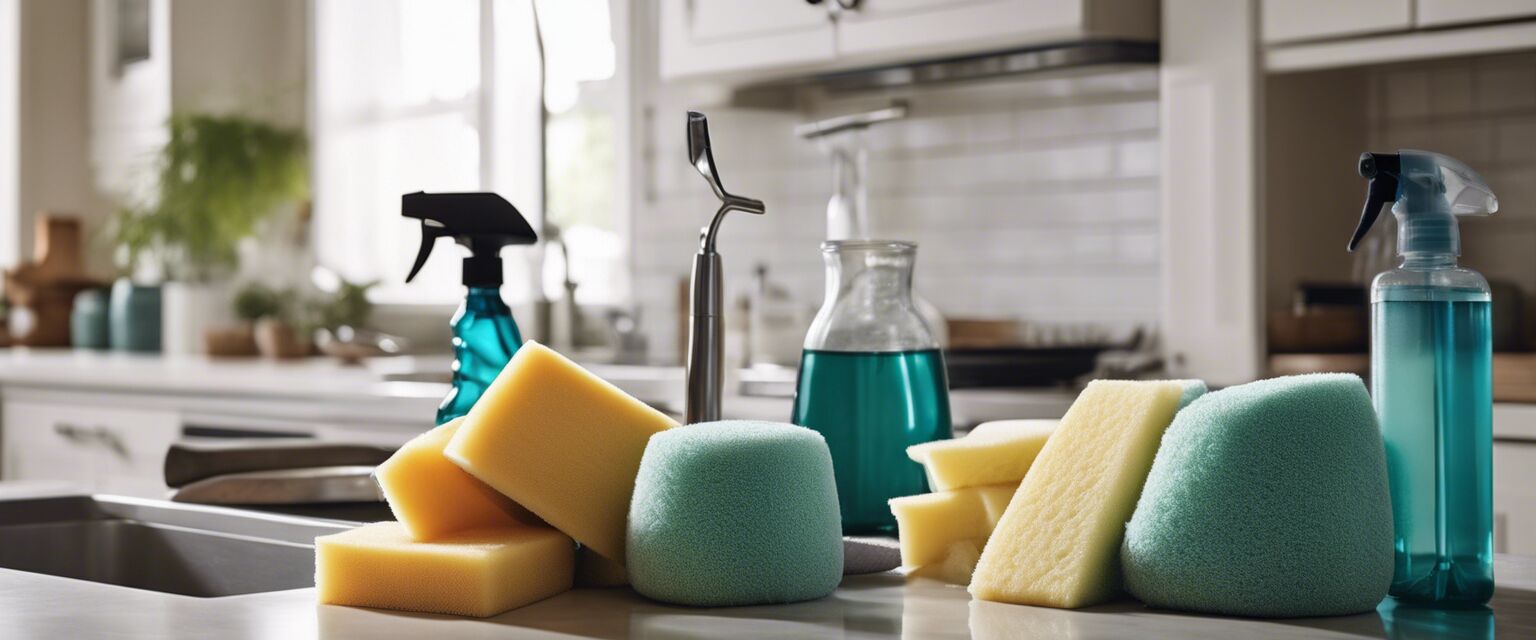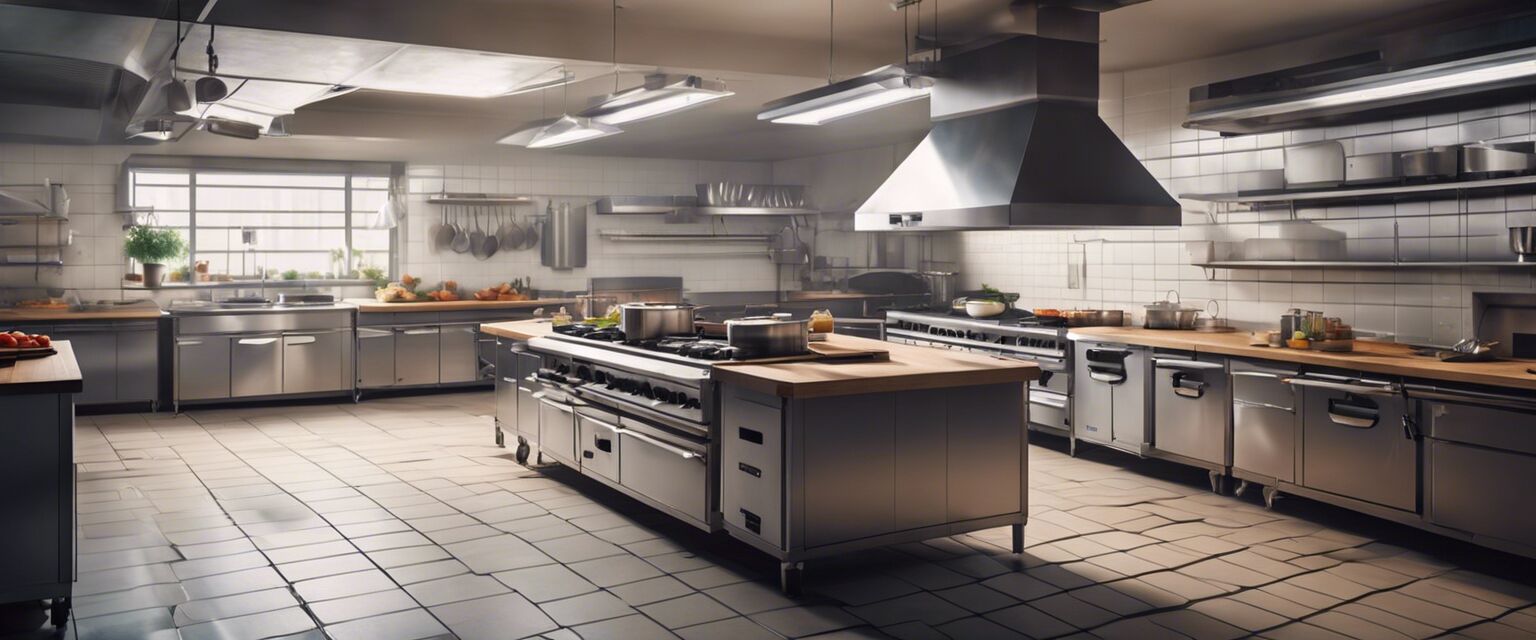
Commercial Kitchen Equipment: Your Ultimate Guide
Key Takeaways
- Understanding your kitchen needs is crucial for selecting the right equipment.
- Investing in high-quality equipment can enhance efficiency and productivity.
- Regular maintenance is essential to prolong the lifespan of your kitchen equipment.
- Consider space and layout when designing your commercial kitchen.
- Stay updated on the latest technologies for optimal performance.
Choosing the right commercial kitchen equipment is vital for any food service business. Whether you are running a restaurant, cafe, or catering service, the equipment you select can significantly impact your operations, efficiency, and ultimately, your customer satisfaction. In this comprehensive guide, we will explore the various types of commercial kitchen equipment, factors to consider when purchasing, and tips for maintaining your equipment.
Types of Commercial Kitchen Equipment
| Equipment Type | Description | Examples |
|---|---|---|
| Cooking Equipment | Used for preparing hot meals and dishes. | Ovens, stoves, grills, fryers |
| Refrigeration Equipment | Essential for storing perishable items at safe temperatures. | Refrigerators, freezers, walk-in coolers |
| Food Preparation Equipment | Tools for food prep to save time and ensure consistency. | Mixers, food processors, slicers |
| Dishwashing Equipment | Helps maintain cleanliness and hygiene in the kitchen. | Dishwashers, sinks, drying racks |
| Storage Equipment | Used for organizing and storing ingredients and supplies. | Racks, shelves, containers |
Factors to Consider When Choosing Commercial Kitchen Equipment
Selecting the right equipment requires careful consideration. Here are some factors to keep in mind:
- Space and Layout: Measure your kitchen space and plan the layout effectively to ensure optimal workflow.
- Capacity: Choose equipment that meets your business volume needs without over or under investing.
- Quality and Durability: Opt for high-quality materials and construction for longevity.
- Energy Efficiency: Consider energy-efficient models to reduce operational costs.
- Compliance: Ensure that your equipment meets local health and safety regulations.
Essential Commercial Kitchen Equipment
Below is a detailed list of essential equipment that every commercial kitchen should consider:
- Commercial Ovens: Vital for baking, roasting, and more.
- Refrigerators and Freezers: Necessary for safe food storage.
- Cooking Ranges: Provides versatile cooking options.
- Food Processors: Speeds up food preparation tasks.
- Commercial Dishwashers: Essential for maintaining hygiene.
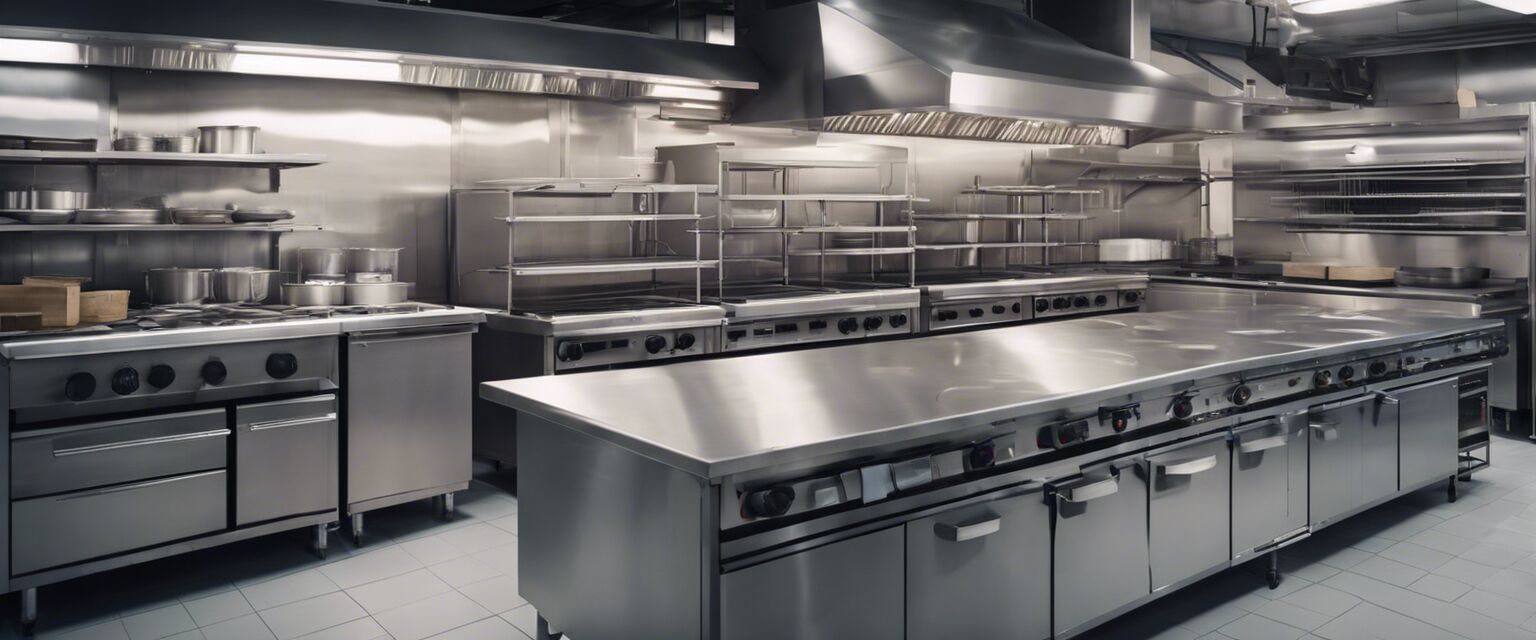
Maintaining Your Commercial Kitchen Equipment
Regular maintenance is key to ensuring your equipment operates efficiently and lasts longer. Here are some maintenance tips:
- Schedule regular cleaning to prevent buildup of grease and food particles.
- Inspect equipment regularly for any signs of wear and tear.
- Follow manufacturer guidelines for maintenance and service schedules.
- Train staff on proper usage to prevent damage.
- Keep a log of maintenance activities for reference.
Pros
- Enhances overall kitchen efficiency.
- Improves food quality and consistency.
- Increases customer satisfaction.
- Can reduce long-term costs with energy-efficient options.
- Offers a wide range of options to fit business needs.
Cons
- Initial investment can be high.
- Requires space and planning for installation.
- Maintenance can be time-consuming.
- Some equipment may become obsolete quickly due to technology advancements.
Latest Trends in Commercial Kitchen Equipment
Keeping up with the latest trends can give your business a competitive edge. Here are a few trends to watch:
- Smart Kitchen Technology: Integrating IoT devices for monitoring and efficiency.
- Sustainable Equipment: Options that use less energy and water.
- Multi-Functional Equipment: Machines that serve multiple purposes to save space.
- Health and Safety Compliance: Equipment designed to meet strict hygiene standards.
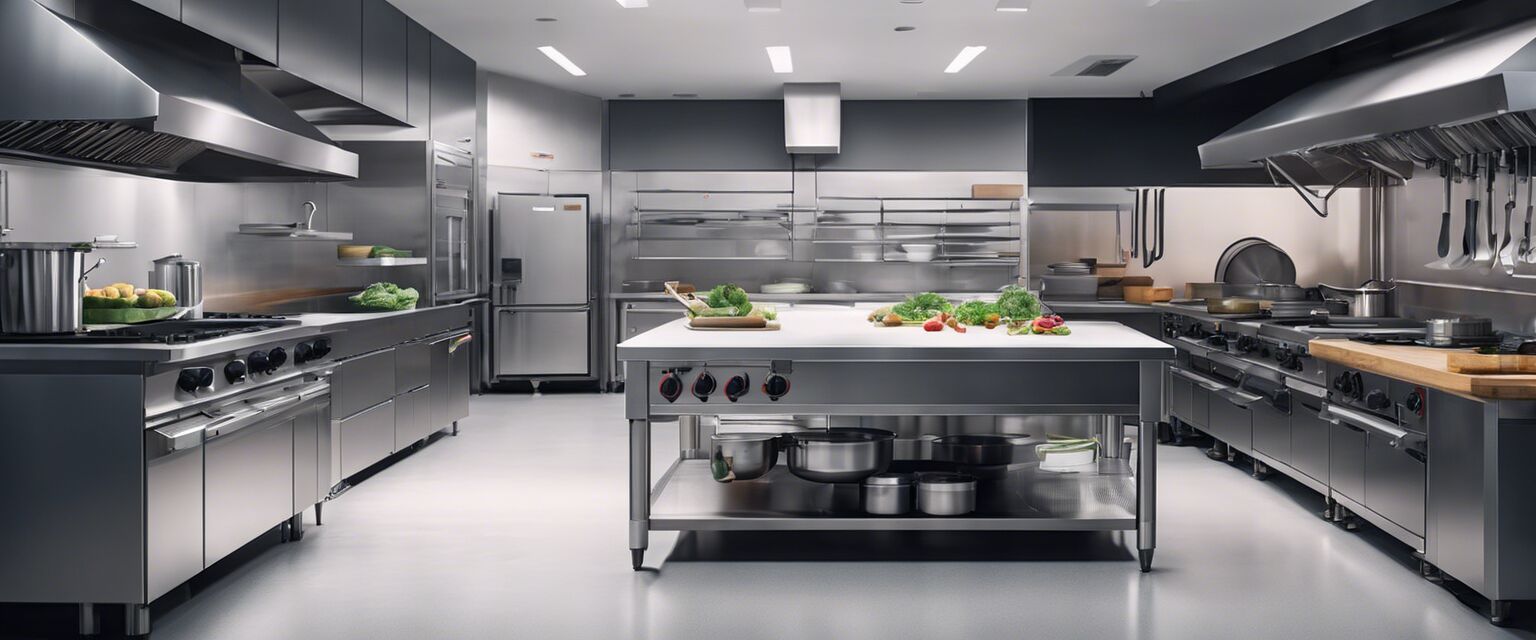
Conclusion
In summary, selecting the right commercial kitchen equipment is a critical step in running a successful food service business. It involves understanding your specific needs, considering the right factors, and keeping up with new trends. By investing in quality equipment and maintaining it properly, you can ensure your kitchen operates smoothly and efficiently.
For more detailed information on specific types of kitchen equipment, check out our product categories:
